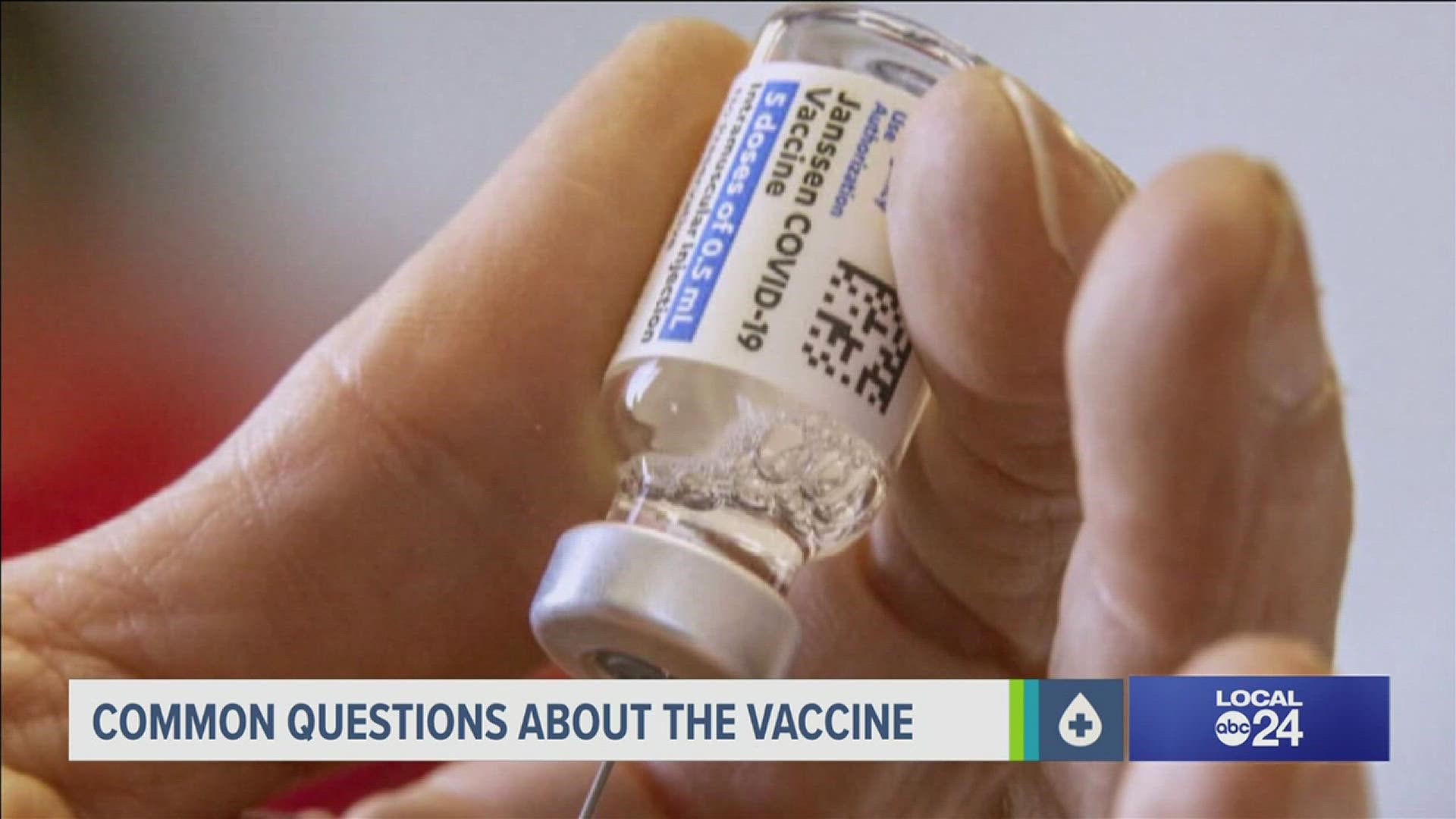MEMPHIS, Tennessee — There's no lack of misinformation on social media about COVID-19, so we dug into some of your questions to get you the facts. First off, are vaccines strong enough to protect you from the more transmissible delta variant?
Many were confused when the the Centers for Disease Control and Prevention (CDC) announced last week that vaccinated people should wear mask because they can transmit the virus to others. Infectious disease specialist Dr. Minoj Jain says your best protection against grave illness from COVID remains vaccination. White House Chief Medical Advisor for COVID-19 Dr. Anthony Fauci on ABC's This Week explained it this way.
"From the standpoint of illness, hospitalization, suffering and death, the unvaccinated are much more vulnerable because the vaccinated are protected from severe illness, for the most part," said Dr. Fauci.
By "for the most part," doctors are reporting that most severe hospitalizations are people who are not vaccinated. Many asked if vaccines weaken over time. Pfizer says that from its peak protection of 96% after a person's 2nd dose, but after 6 months that diminishes to 86%, yet the vaccine remains strong.
This is where boosters enter the discussion and the question of if they're available in the united states. For the answer we turned to an epidemiologist, Dr. John Brownstein of Boston Children's Hospital. He says boosters are not yet available in the U.S., although Germany and Israel are now distributing the third shot to vulnerable citizens. The U.K. is considering the same measures.
Who should get the booster? Dr. Jain says as soon as boosters are available in the U.S. people who are immune compromised should be the first in line. Health leaders say expect some word on when boosters will be available in September.

